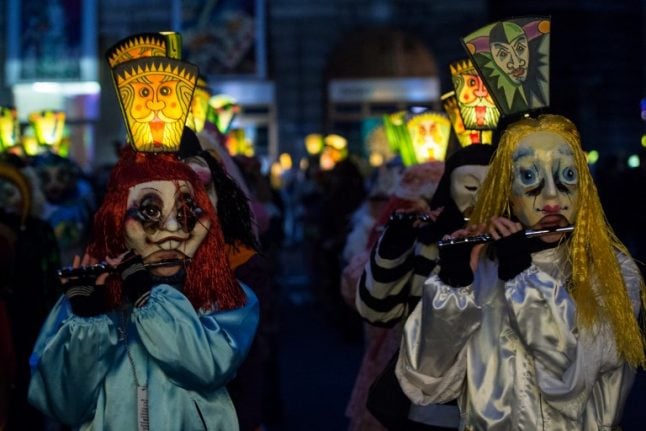.jpg)
Morgenstreif at 4 am. Medieval marvellous & otherworldly. A giraffe joins the band. #Basel #Fasnacht #carnival pic.twitter.com/5ti3QtPD1t
— vicky unwin (@vickyunwin) March 11, 2019
Switzerland's most famous Fasnacht (carnival) is in full swing. Here's how to make the most of it.

.jpg)
Morgenstreif at 4 am. Medieval marvellous & otherworldly. A giraffe joins the band. #Basel #Fasnacht #carnival pic.twitter.com/5ti3QtPD1t
— vicky unwin (@vickyunwin) March 11, 2019
Member comments